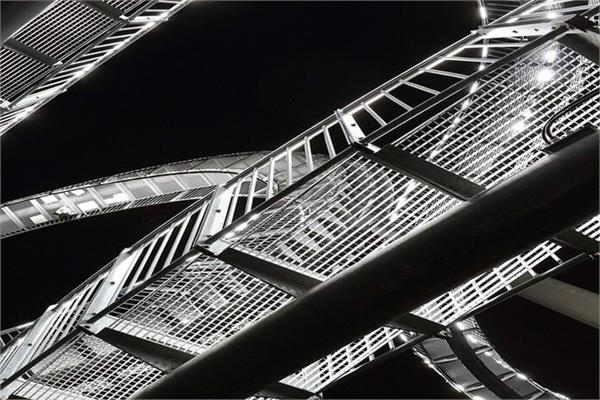
The ALCOAT project will develop two new families of recycled aluminium alloy coatings as a more sustainable alternative to zinc galvanisation.
The European hub of the global university of technology, design and enterprise RMIT has recently announced that it has been granted the sum of $294,000 (around €272,500) to contribute to the ALCOAT research project, which aims to develop aluminium alloy coatings as a more sustainable alternative to zinc galvanisation.
ALCOAT is a 42-month project sponsored by the EU Research Fund for Coal & Steel (RFCS) that will develop two new families of recycled aluminium alloy coatings with chemically tailored electrochemical potential, in order to create an alternative to zinc for the galvanisation of steel products.
Steel is one of the most important metallic construction materials, thanks to its mechanical properties, availability and affordability. However, when left untreated, steel is susceptible to oxidation and subsequent deterioration, with tell-tale signs of damage such as cracking and rusting especially prevalent in moisture-rich environments. The protection of steel structures against corrosion is therefore necessary to lengthen the service life of steel products and ensure the fulfilment of safety requirements by averting material failure.
Although zinc is widely used to protect steel from corrosion and is highly effective, it is also difficult to recycle. Recycling aluminium destined for landfill to create an alternative for the galvanisation of steel products will then ensure effective and sustainable coatings for the protection of wind towers, ships and other structures exposed to sea water and atmosphere as well as steel sheet products for automotive, building and home appliance industries.
“Scrap aluminium is widely available but being contaminated with iron and magnesium makes it brittle and unusable for many applications, meaning it is often either discarded or used for lower-level purposes such as pellets,” has stated Ivan Cole, the Research Director of RMIT Europe. “However, this aluminium is exactly what we need to produce a good coating for steel as the contaminants it contains actually stop oxide from forming. ALCOAT will address a sustainability issue rather than a performance problem.”
The aluminium alloy coatings developed by the project are expected to have several advantages, such as a lower corrosion rate and a reduced risk of hydrogen embrittlement. They will also be lighter, thinner and more sustainable given the reduction in the quantity of primary raw materials required, thereby also boosting efforts in the circular economy.
“Using existing scrap materials will prevent the energy-intensive process of mining and processing virgin zinc and the associated negative costs to the environment. Compared to traditional coating development processes, the procedure proposed by ALCOAT is highly innovative and advanced and will ensure a dramatic shortening of the development process and reduce costs,” has concluded Cole.
The ALCOAT project is coordinated by the University of Chemistry and Technology of Prague and will start on 1st September 2023.